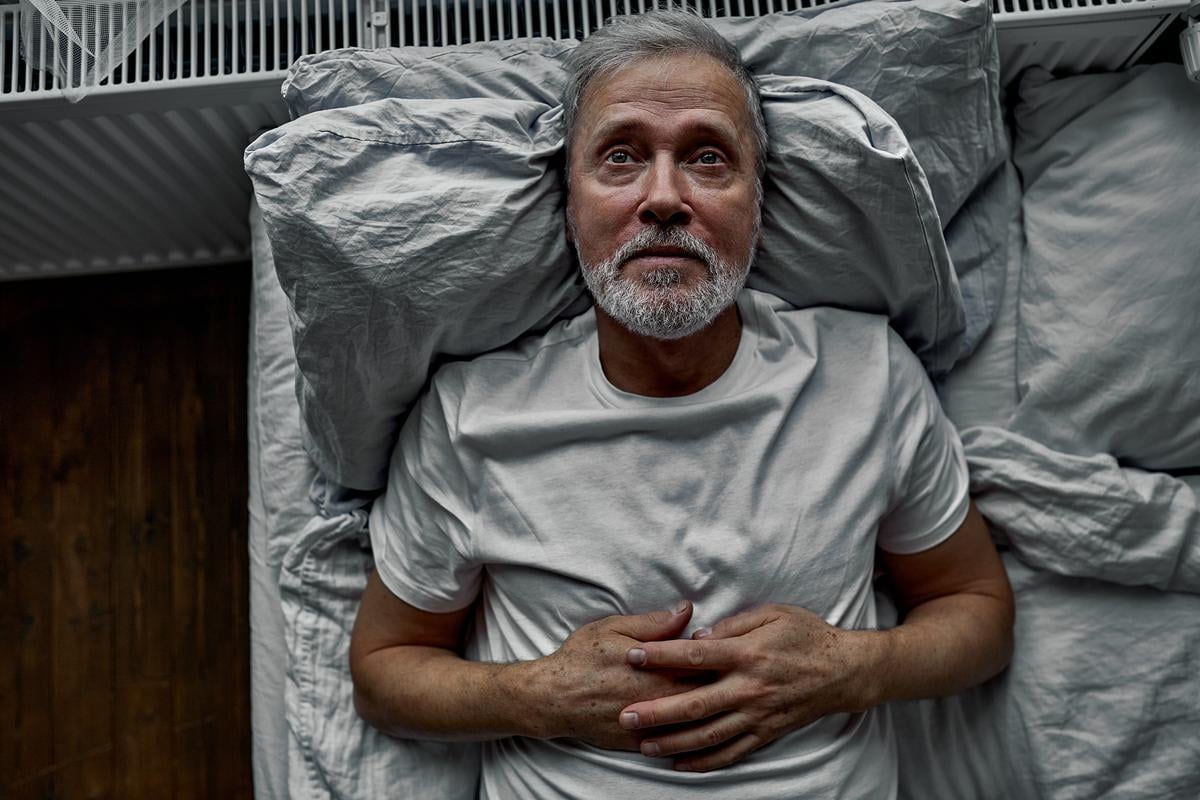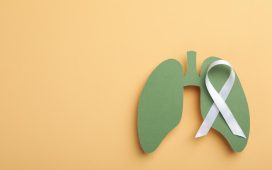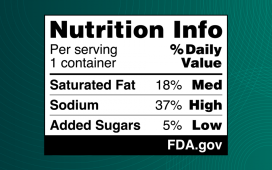Significantly higher chance of experiencing delirium seen for those with worsening of their PSQI over three scores
By Elana Gotkine HealthDay Reporter
FRIDAY, Oct. 25, 2024 (HealthDay News) — Inadequate sleep and worsening sleep trajectory are associated with postoperative delirium among adults undergoing noncardiac surgery under general anesthesia, according to a study presented at the annual meeting of the American Society of Anesthesiologists, held from Oct. 18 to 22 in Philadelphia.
Faegheh Miryousefiata, M.D., from the Cleveland Clinic Foundation, and colleagues examined the correlations between poor sleep burden and the risk for delirium following surgical procedures. A total of 150 patients undergoing noncardiac surgery under general anesthesia were assessed for their sleep characteristics using the Pittsburgh Sleep Quality Index (PSQI). PSQI component scores ranged from 0 to 3, with the total score varying from 0 to 21; higher scores indicated poorer sleep burden.
The researchers found that the risk for developing delirium was higher among patients with poor sleep burden who were young and elderly (18 and 20.9 percent, respectively). When restricted to postoperative delirium and excluding the potential of underlying dementia, these associations were stronger. In the population monitored throughout the trial, delirium was associated with increased sleep load. A significantly higher chance of experiencing delirium was seen for people who experienced a worsening of their PSQI over three scores, indicating severe bad sleep quality load, especially for those aged 45 to 64 years, regardless of baseline sleep score and time lag.
“Good sleep quality before surgery is crucial for the recovery period,” Miryousefiata said in a statement. “It is really important to get the best sleep possible, especially for those over 65, who are at greater risk for postoperative delirium.”
Copyright © 2024 HealthDay. All rights reserved.








